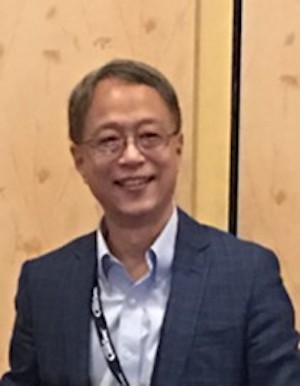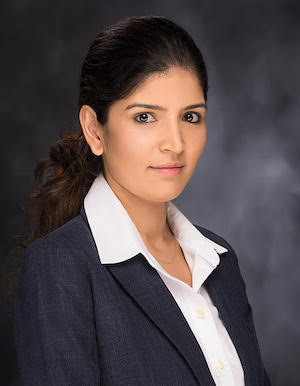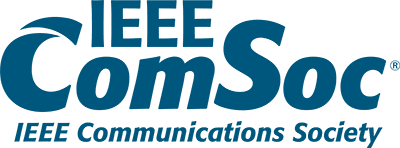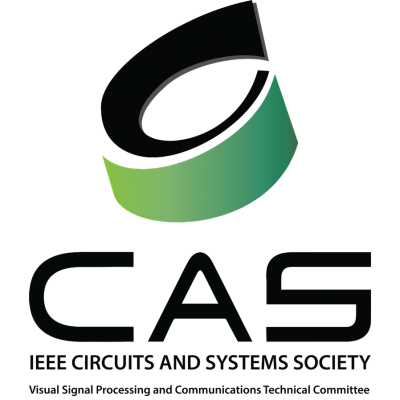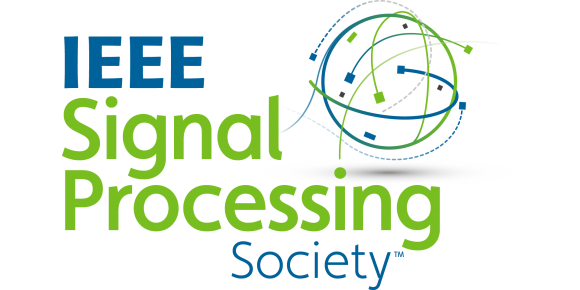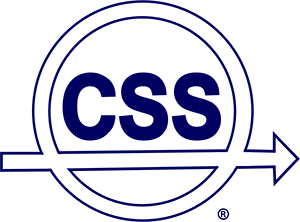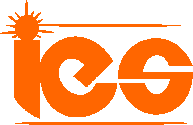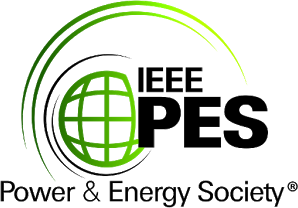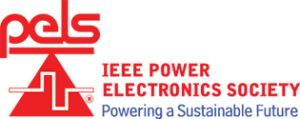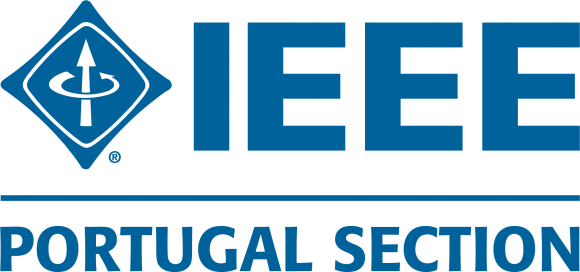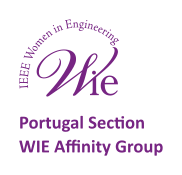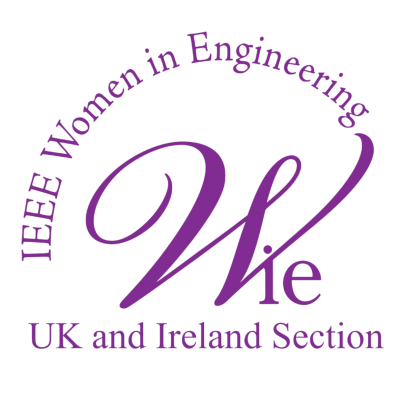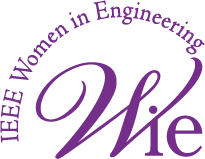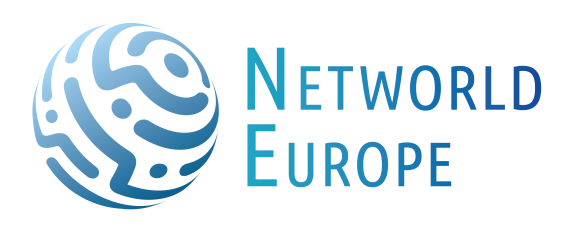Topical Track: Computing and Data Processing
Track ID: Topi-05
Description
As the Internet of things (IoT) continues to grow, it has increasingly become more connected and related to Cloud computing due to the requirements of storage and processing of large amounts of data. Cloud computing enables delivery of computing resources, including storage, processing power, and applications, over the internet. Some of the key components of cloud computing are cloud architecture, virtualization, service models (such as Infrastructure as a Service, Platform as a Service, and Software as a Service), and cloud deployment models. Another key technology is edge computing which focuses on processing data and running applications at the network edge, closer to where data is generated. It involves topics like edge devices, edge analytics, low-latency processing, and distributed edge infrastructure. At the same time, a vast and rapidly growing amount of data is being created at the network edge and everywhere else across any networked system. Such rapidly growing distributed data calls for new computing and data processing innovations beyond centralized cloud computing and will be essential for enabling IoT systems and applications. Examples of important emerging computing technologies include edge (fog) computing, edge (fog) artificial intelligence (edge AI), and data-driven systems. Advanced computing capabilities are also increasingly integrated into next-generation networks. For example, 5G systems rely on cloud computing to support service-oriented network architectures and differentiated network services that will be necessary to many IoT applications, and edge AI and data-driven technologies are becoming essential to enable the upcoming 6G systems. Addressing these main topics in compute and data processing is crucial for advancing the future of IoT, improving its capabilities, and overcoming fundamental challenges associated with scalability, real-time processing, security, privacy, and interoperability.
In this topical area track, we focus on the advancements as well as challenges of cloud computing. In this context, our topics will include but are not limited to:
- Cloud Computing
- Edge Computing and Edge AI
- 2.5/3D Packaging and Hardware for Cloud Computing
- Networking, including 6G
- Role of AI in Future Networks
- Embedded Computing
Sessions
Session 1: Cloud Computing. This session covers the enablers of computing services over the internet. The scope includes but is not limited to AI in cloud computing, quantum computing, cloud computing architecture, virtualization, service models (such as Infrastructure as a Service, Platform as a Service, and Software as a Service) etc.
Session 2: Edge Computing and Edge AI. This session focuses on the computing technologies addressing the need for being closer to where the data is generated or used. Some of the topics include edge computing hardware such as edge devices, processors, servers etc., edge analytics, low-latency processing, and distributed edge infrastructure.
Session 3: 2.5/3D Packaging and Hardware for Cloud Computing. This session focuses on the latest technology trends in chip packaging to support the applications of cloud computing. With the current demand of high memory bandwidth and short latency, 2.5D and 3D packaging will be critical enablers of computing needs.
Session 4: Networking for Cloud Computing. This session focuses on the networking technology for cloud computing. The topics include network as a service, 6G, networking automation, network efficiency, etc.
Session 5: Embedded Computing. This session focuses on the software and hardware supporting embedded computing. The topics include: Industrial controls hardware (IPCs, PLCs), Virtualization platforms (hypervisors, containers), Heterogeneous compute fabric (CPU, GPU, ASICS, FPGAs), Reconfigurable computing using FPGAs, Hardware acceleration (GPU, VPU, FPGAs), Embedded software for real-time controls,
Chairs
João Ferreira: ISCTE-IUL, Portugal
João C. Ferreira is a Professor at ISCTE-IUL. He holds a degree in Physics, a Master in Telecommunications and a PhD in Computer Engineering from the Technical University of Lisbon (UTL / IST), and a second PhD in Industrial Engineering from the University of Minho. His research interests with aggregation in CTI. His research interests are: data science, Text Mining, IoT, Artificial Intelligence (AI), Blockchain and AI applications in health, energy, electric vehicles and transportation. He has authored more than 300 papers in computer science. Executed more than 30 projects (6 as PI), more than 200 scientific paper reviews and more than 25 scientific project evaluations. Author of patent in edge computing. Coordinator of the Master in Decision Support Systems, Professional Master for Business Digitalization and summer schools (smart cities) and winter schools (IoT and Blockchain Blockchain).
Tao Zhang: NIST, USA
Dr. Tao Zhang is managing the Transformational Networks and Services research group at the US National Institute of Standards and Technology (NIST). He was the CTO for the Smart Connected Vehicles business at Cisco Systems, and the Chief Scientist and Director of multiple research groups focused on mobile and vehicular networking at Telcordia Technologies (formerly Bell Communications Research). He cofounded three industry consortia, including the OpenFog Consortium. Tao holds over 100 patents awarded globally and coauthored two books on vehicular networks and all-IP mobile networks. He has cofounded several successful international conferences. Tao served as the CIO and a Board Governor of the IEEE Communications Society, a Distinguished Lecturer of the IEEE Vehicular Technology Society, and an editor or guest editor for numerous journals or their special issues. Dr. Zhang is a Fellow of the IEEE, a Fellow of the Society for Information Reuse and Integration, and a Fellow of the Asia-Pacific Artificial Intelligence Academy.
Preeti Chauhan: Google, USA
Dr. Preeti Chauhan is a Technical Program Manager (TPM) in the Data Center Quality and Reliability group at Google. Previously, Dr Chauhan was a Quality and Reliability TPM at Intel and led the Assembly and Test certification of Foveros 3D packaging technology and Server microprocessors. She is a senior member of IEEE and co-editor of the data column in the Computer magazine.




